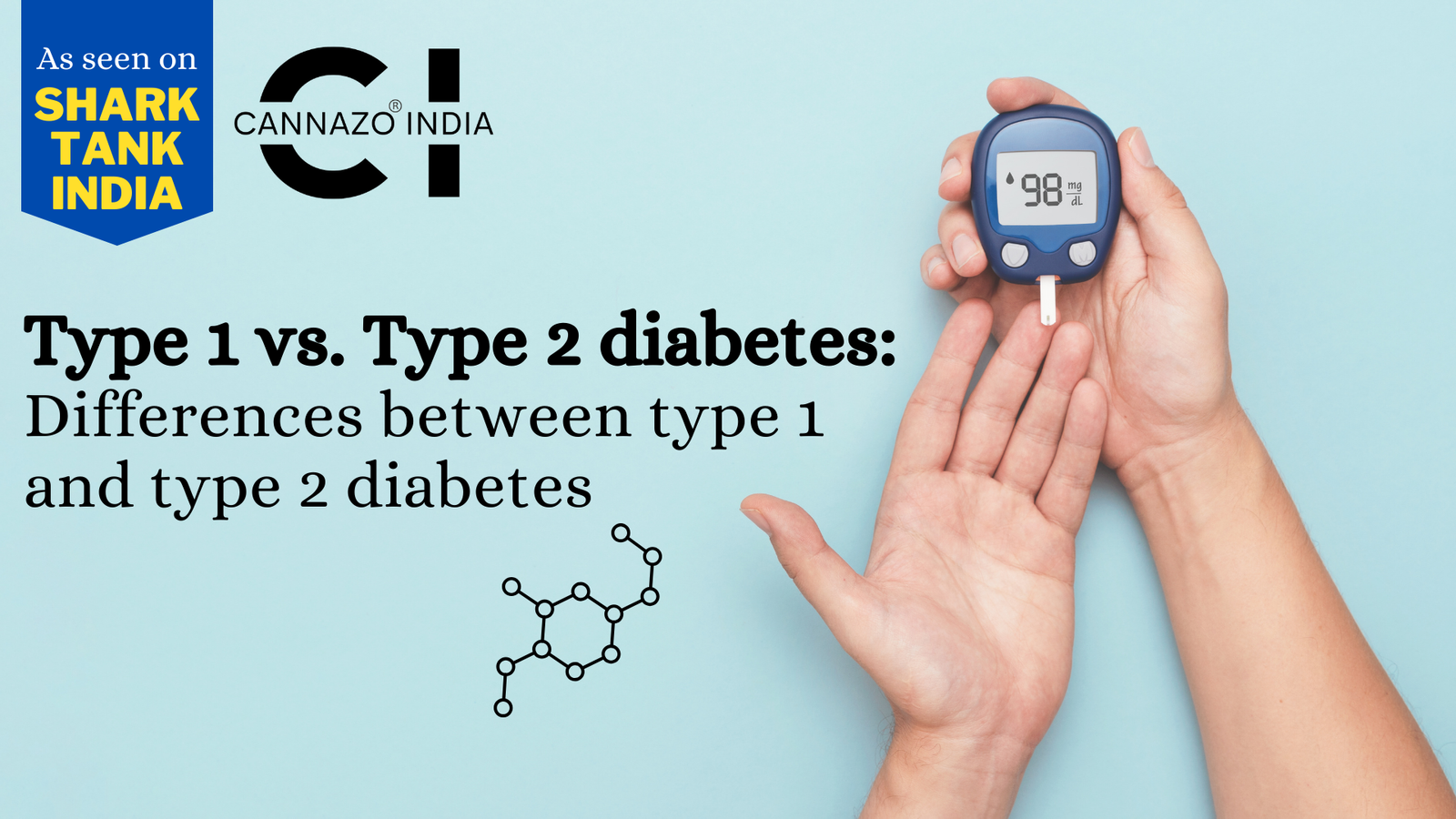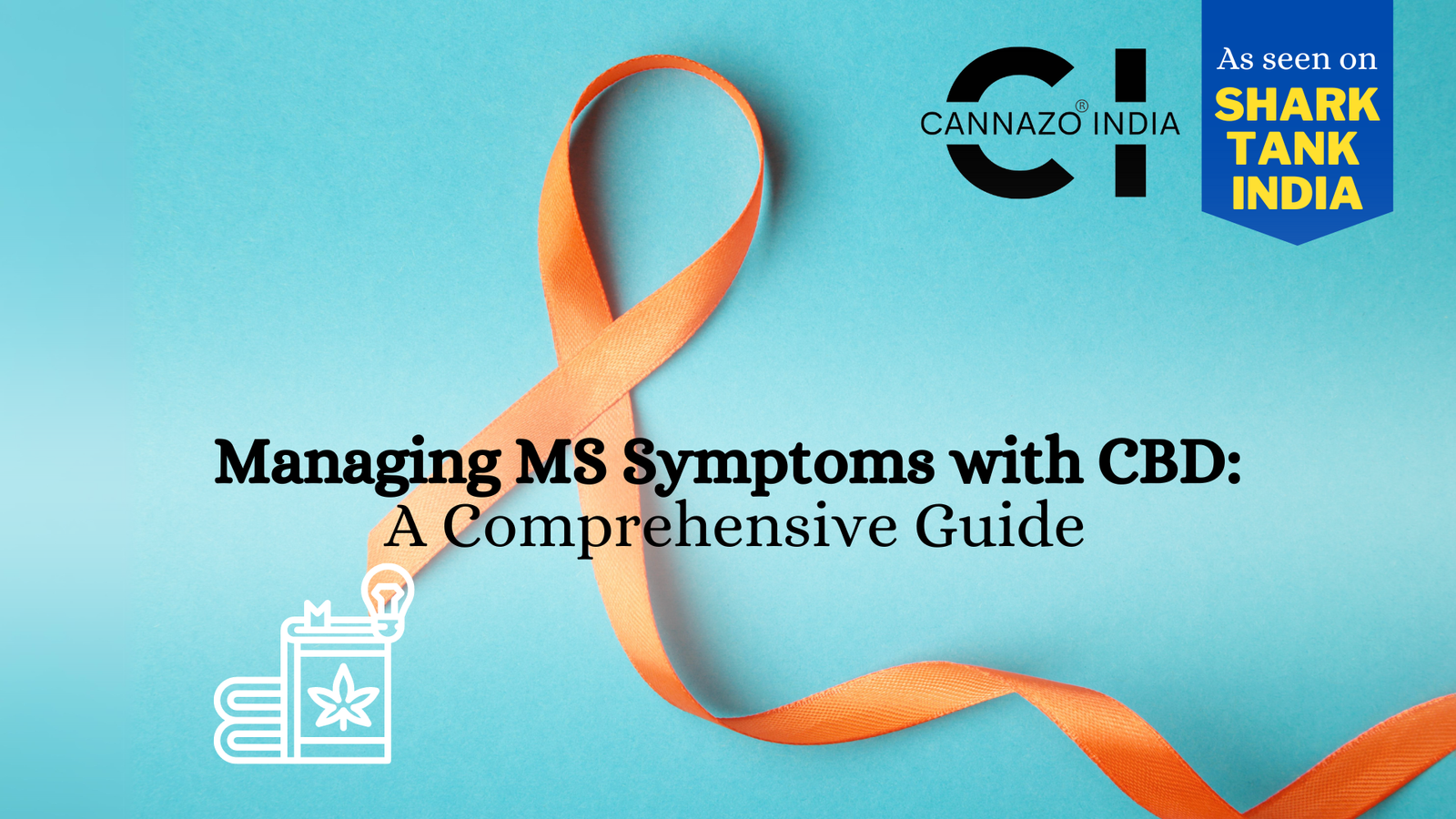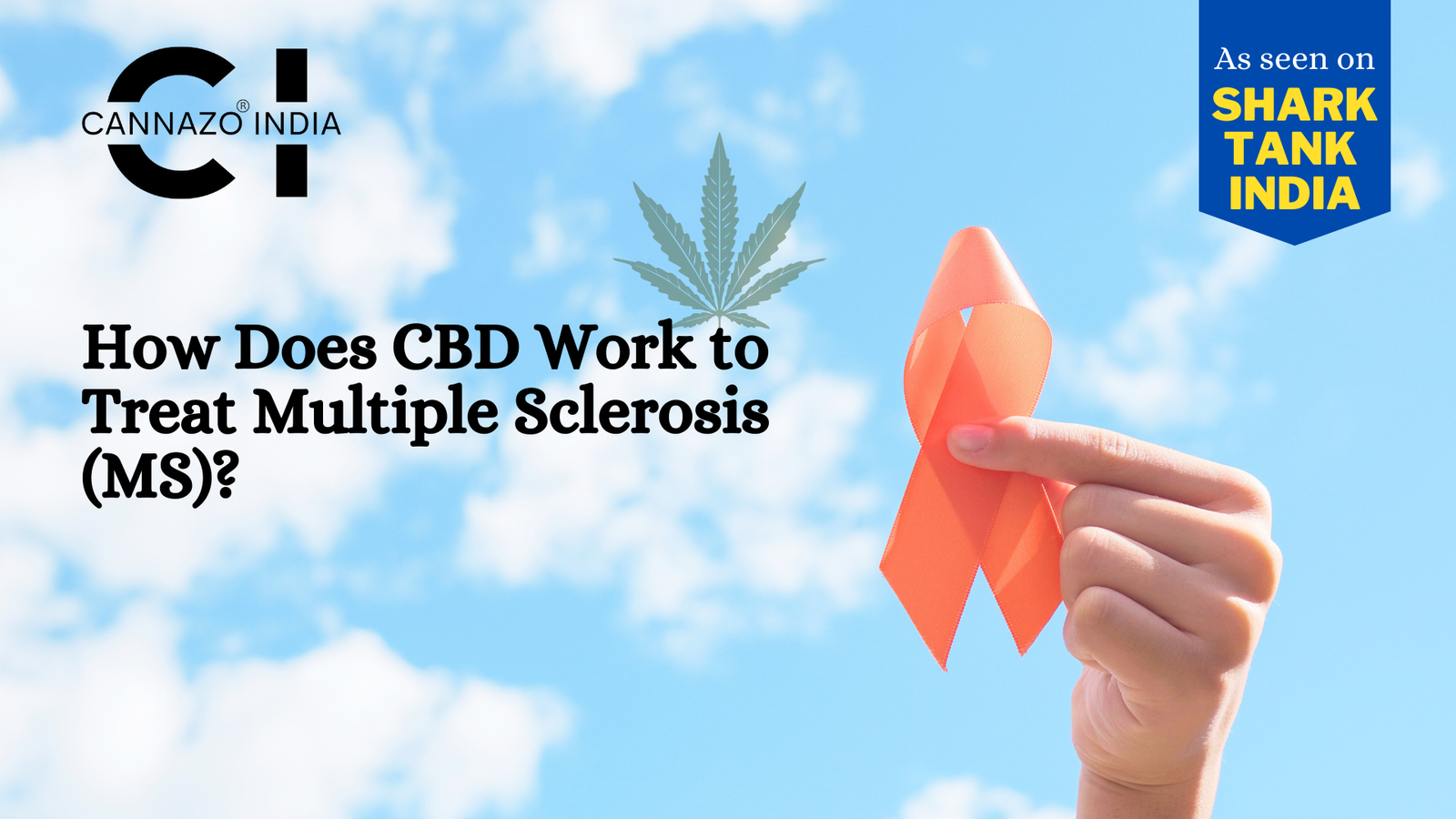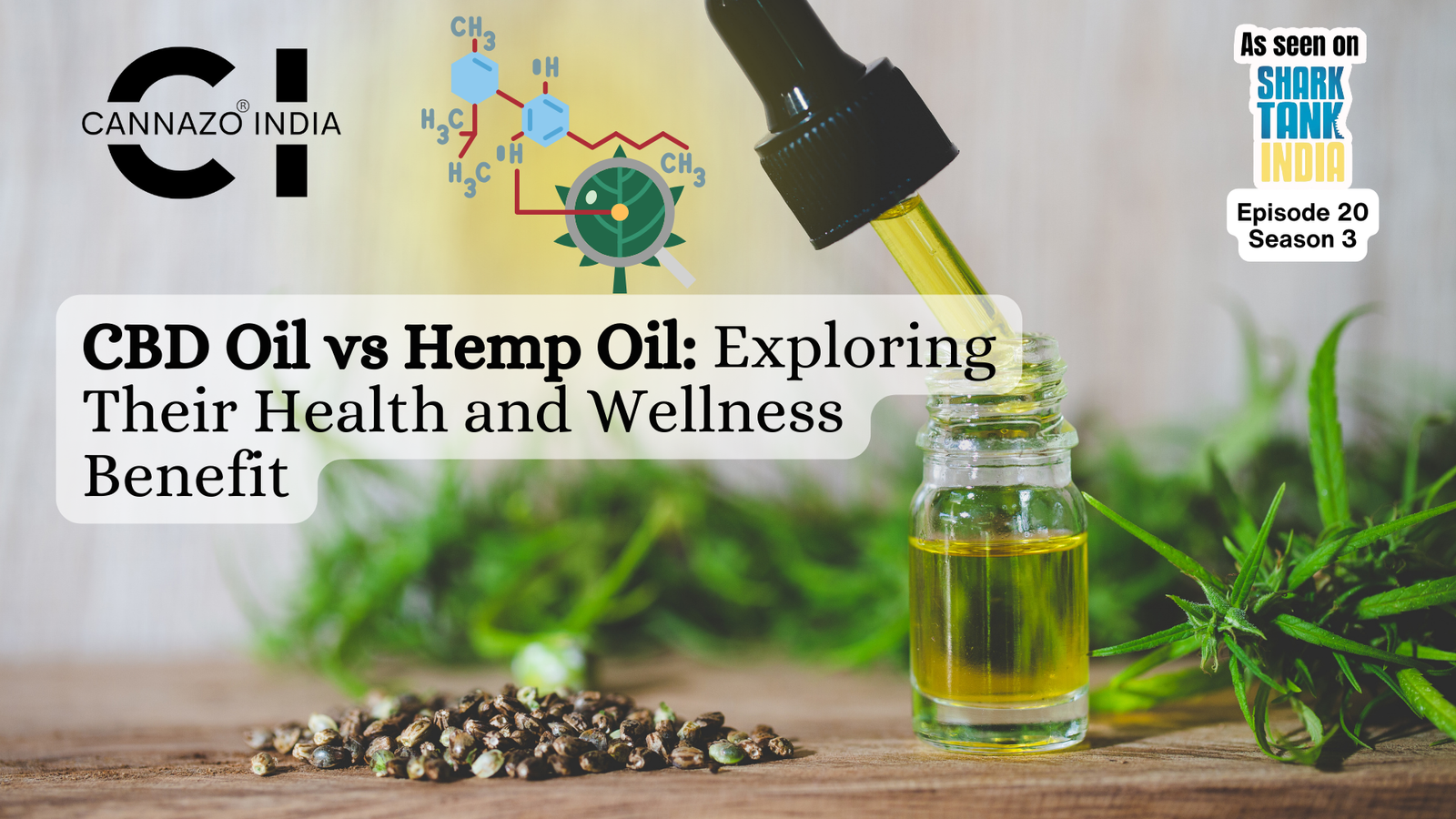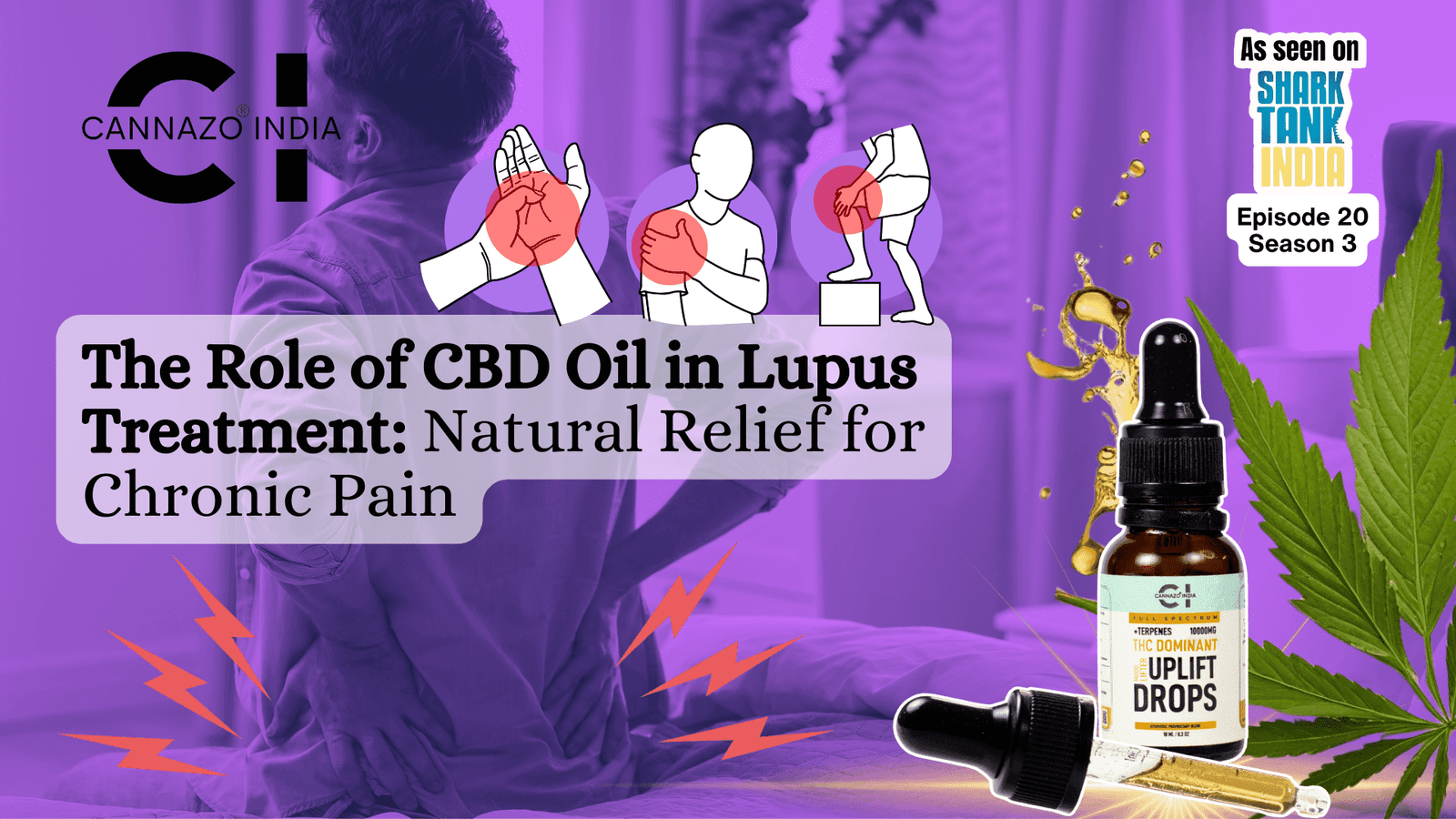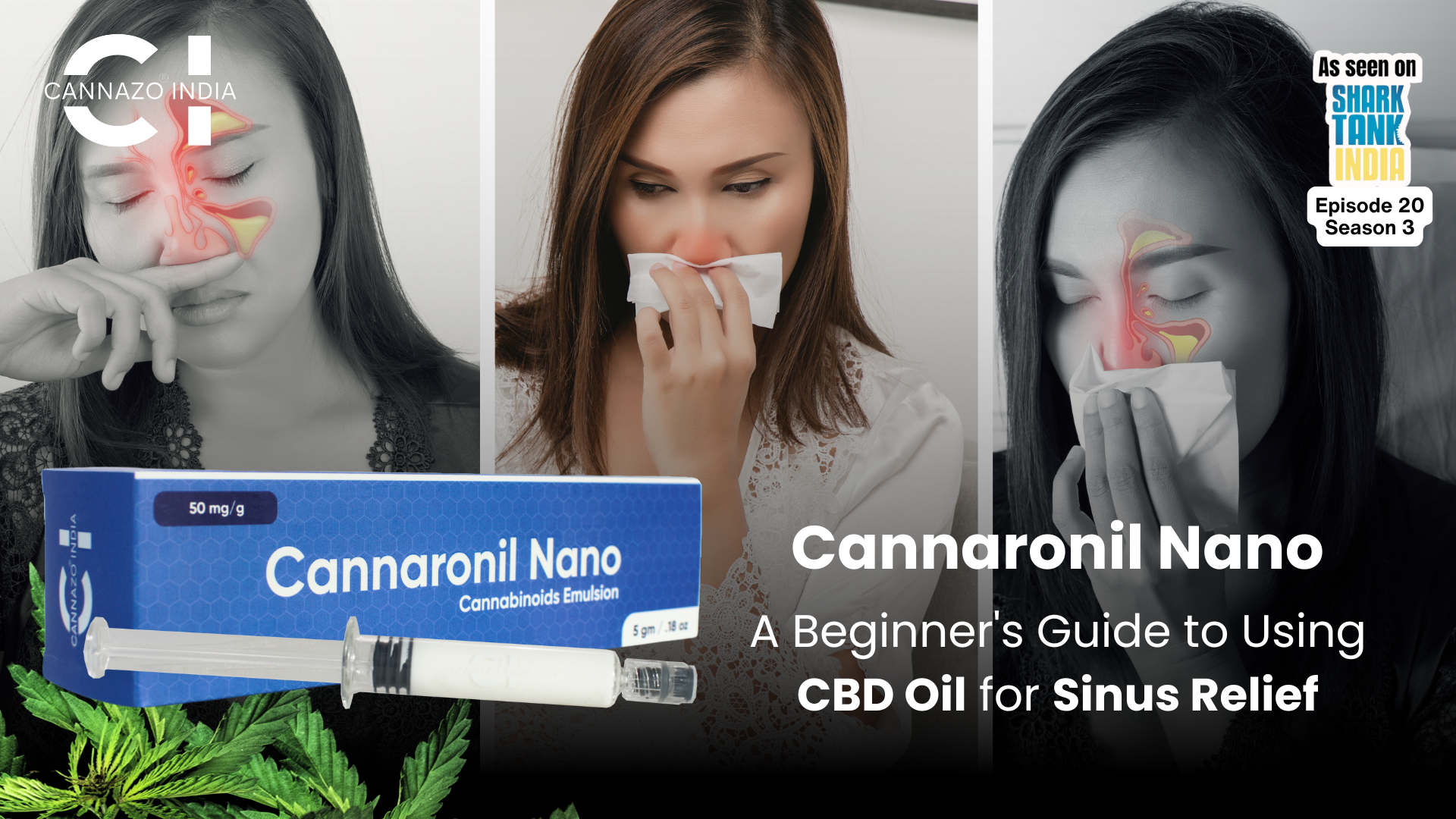Introduction
Lupus is a chronic autoimmune disease that poses significant challenges for those affected. Characterized by the immune system mistakenly attacking healthy tissues, lupus leads to widespread inflammation and a variety of debilitating symptoms. As patients seek effective ways to manage their condition, CBD oil for lupus has emerged as a potential therapeutic option. This article will delve into the nature of lupus, the properties of CBD oil, how it may help alleviate lupus symptoms, and practical guidance on its use.
Understanding Lupus and Its Challenges
Lupus encompasses several types of autoimmune diseases, with systemic lupus erythematosus (SLE) being the most common form. The disease can affect multiple organs, leading to symptoms such as:
- Joint pain and swelling
- Skin rashes
- Fatigue
- Fever
- Organ damage
Living with lupus can be particularly challenging due to the unpredictable nature of flare-ups and remissions. Patients often experience a decline in quality of life due to chronic pain, fatigue, and emotional distress. Current treatment options primarily focus on managing symptoms and preventing complications, but there is no known cure for lupus. [1]
What Is CBD Oil?
Cannabidiol (CBD) is a non-psychoactive compound derived from the cannabis plant. Unlike tetrahydrocannabinol (THC), CBD does not produce a “high” but offers various therapeutic benefits. It interacts with the body’s endocannabinoid system (ECS), which plays a crucial role in regulating numerous physiological processes, including pain perception, immune response, and mood stability. Research indicates that CBD may possess anti-inflammatory, analgesic (pain-relieving), and immunomodulatory properties, making it a candidate for alleviating symptoms associated with autoimmune conditions like lupus. [1]
How CBD Oil May Help with Lupus
Anti-inflammatory Properties
One of the most significant benefits of CBD oil for lupus lies in its anti-inflammatory effects. Studies suggest that CBD can reduce inflammation by interacting with cannabinoid receptors in the ECS. Specifically, CBD has been shown to suppress the production of pro-inflammatory cytokines and inhibit inflammatory pathways, which are often overactive in lupus patients. This could potentially lead to reduced tissue damage and improved overall health.
Pain Relief
Chronic pain is a hallmark symptom of lupus, affecting many patients daily. CBD oil may provide effective pain relief by modulating pain perception pathways in the brain. Research indicates that CBD can alter how the brain responds to pain signals, making discomfort feel less intense. Additionally, CBD interacts with adenosine receptors to prevent inflammatory proteins’ production, further alleviating pain associated with lupus.
Immune System Regulation
Lupus is characterized by an overactive immune response that leads to tissue damage. CBD has shown promise in regulating immune function by promoting apoptosis (programmed cell death) in overactive immune cells. This immunosuppressive effect may help protect healthy cells from being attacked by the immune system in individuals with lupus.
Improved Sleep and Anxiety Relief
Sleep disturbances and anxiety are common among those living with lupus due to chronic pain and unpredictability of flare-ups. CBD oil may help improve sleep quality by addressing underlying issues such as anxiety and pain. Studies have reported that CBD can enhance sleep duration and reduce anxiety levels by interacting with serotonin receptors in the brain. This dual action makes CBD oil for lupus particularly beneficial for those struggling with both physical and mental health challenges.
How to Use CBD Oil for Lupus
When considering CBD oil for lupus, it is essential to approach its use thoughtfully:
- Consult Your Healthcare Provider: Before starting any new treatment regimen, including CBD oil, consult with your healthcare provider to discuss potential interactions with existing medications.
- Start Low and Go Slow: Begin with a low dose (e.g., 5-10 mg) and gradually increase until you find an effective dosage that alleviates symptoms without causing adverse effects.
- Choose Your Method of Consumption: CBD oil can be taken sublingually (under the tongue), added to food or drinks, or applied topically for localized relief. The method you choose may depend on your specific symptoms.
- Monitor Your Response: Keep track of how you feel after taking CBD oil. Note any changes in symptoms or side effects to discuss during follow-up appointments with your healthcare provider.
- Be Patient: It may take time to find the right dosage and product that works best for you. Consistency is key when using CBD oil for symptom management.
- Checking dosing instructions: When using CBD oil for lupus, it’s crucial to check the dosing instructions provided by the manufacturer. Each product may have different concentrations and recommended dosages.
Choosing the Right CBD Oil for Lupus
Selecting the appropriate CBD oil for lupus involves several considerations:
- Quality: Look for products from reputable brands that provide third-party lab testing results to ensure purity and potency.
- Full-Spectrum vs. Isolate: Full-spectrum oils contain all cannabinoids found in the cannabis plant, including trace amounts of THC (less than 0.3%), which can enhance therapeutic effects through the entourage effect. Isolate products contain only CBD without other cannabinoids.
- Concentration: Choose a product that matches your dosage needs; higher concentrations may be more cost-effective if you require larger doses.
- Formulation: Depending on your symptoms, topical creams may be beneficial for localized pain or inflammation, while tinctures or capsules may be better suited for systemic relief.
Conclusion
The exploration of CBD oil for lupus offers hope for many patients seeking relief from their symptoms. With its anti-inflammatory properties, potential for pain relief, immune system regulation capabilities, and ability to improve sleep quality and reduce anxiety, CBD presents a multifaceted approach to managing this complex autoimmune disorder. While research into the efficacy of CBD as a treatment option for lupus is still in its early stages, anecdotal evidence suggests that many individuals experience positive outcomes when incorporating it into their treatment plans. However, it is essential to continue conventional therapies under medical supervision while exploring complementary options like CBD oil. As more studies emerge regarding the safety and effectiveness of cannabinoids in treating autoimmune diseases such as lupus, patients are encouraged to stay informed and consult healthcare professionals about integrating these therapies into their overall treatment strategy.
References
- Schoenbach, A. (2020, March 3). CBD oil (Cannabidiol) and lupus – LupusCorner. LupusCorner. https://lupuscorner.com/cbd-oil-lupus/
- Hempstrol. (2023, January 2). Is CBD oil a good option for lupus patients? Hempstrol. https://www.hempstrol.com/is-cbd-oil-a-good-option-for-lupus-patients
- Grossman, J., Teitel, A. D., & MyLupusTeam. (2020, January 30). CBD and Lupus: Does It Help or Hurt? MyLupusTeam. https://www.mylupusteam.com/resources/cbd-and-lupus-does-it-help-or-hurt
- Dellwo, A. (2024, August 2). Is CBD oil for lupus safe or effective? Verywell Health. https://www.verywellhealth.com/cbd-oil-for-lupus-is-it-safe-effective-legal-4171857
- Pahr, K. (2024x, July 27). Cannabidiol (CBD): What we know and what we don’t. Healthline. https://www.healthline.com/health/your-cbd-guide
- Mph, J. C. N. (2024, April 22). How to take CBD oil: A Beginner’s guide. wikiHow. https://www.wikihow.com/Take-CBD-Oil
































